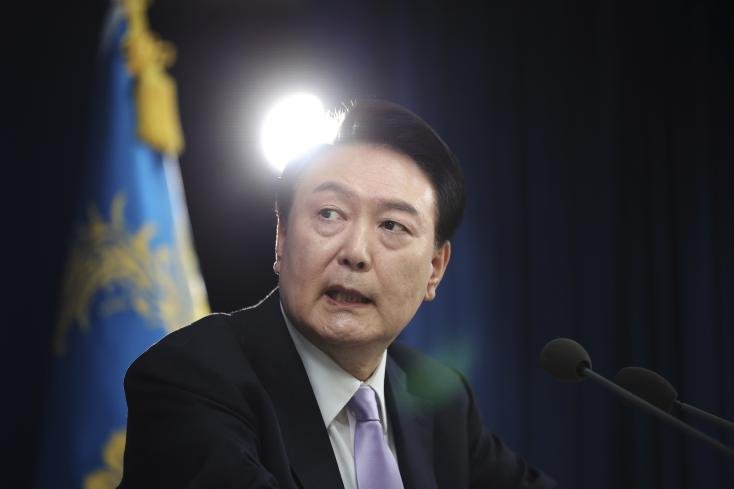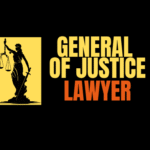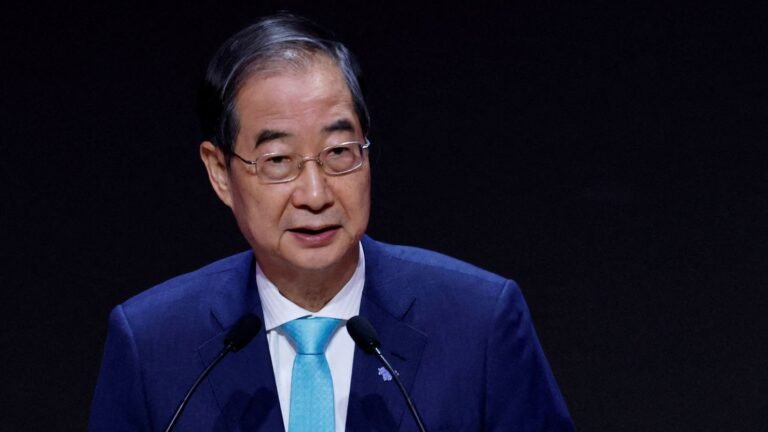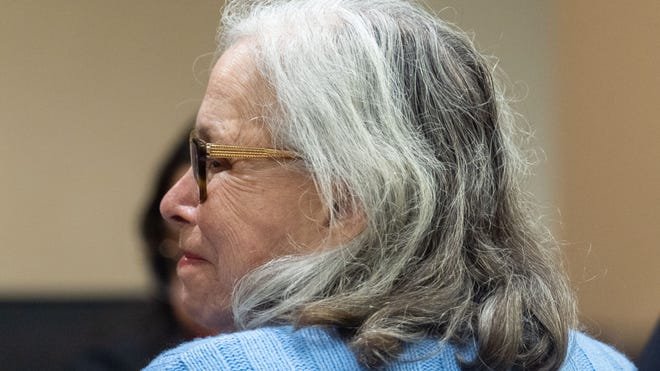
By Gen Just Law, July 10
Seoul, South Korea — Former South Korean president Yoon Suk Yeol was formally detained in the early hours of July 19, 2025, after the Seoul Central District Court granted a detention warrant citing a substantial risk of evidence destruction.
The court decision followed nearly seven hours of closed-door hearings held the previous day. At 2:07 a.m., Judge Nam Se-jin ruled that there were reasonable grounds to believe Yoon might destroy or manipulate evidence, particularly after claims emerged that his defense team attempted to sway key witness testimony.
Prosecutors had sought the warrant amid escalating concerns over Yoon’s repeated refusals to appear for questioning and their belief that he was obstructing the investigation. The request, filed earlier this week, stated that Yoon had “systematically evaded interrogation” while coordinating a strategy to prevent investigators from accessing communications, documents, and potentially incriminating testimony.
Yoon is now in custody at the Seoul Detention Centre, marking his second time behind bars this year. He was first detained briefly in February 2025 during the initial stages of the probe but was released pending further investigation. Since then, the special prosecutor’s office has repeatedly summoned him, but Yoon declined to appear, citing health concerns.
On July 18, even after being remanded, he refused to leave his cell for questioning. Detention officials told the prosecution that they could not use physical force against a former president, a stance that left prosecutors “stunned,” by their own account.
Yoon is facing charges of insurrection, abuse of power, and obstruction of justice over his alleged attempt to impose martial law in December 2024. According to the prosecution, Yoon had approved a secret plan to deploy military forces and suspend constitutional procedures in order to block his impeachment. If convicted, he could face life imprisonment or the death penalty.
JESSISPRUDENS — Legal Analysis
South Korean law allows for pre-trial detention in cases where a suspect poses a risk of flight, repeat offenses, or evidence destruction. In Yoon’s case, the court focused on the third factor. The allegations of attempted witness interference are particularly damaging because they could convert his legal defense into grounds for obstruction. While a detention warrant is not a determination of guilt, it signals the court’s recognition of serious procedural risks. Yoon’s continued refusal to cooperate may also shape judicial perceptions of his credibility and influence sentencing if convicted.
This case also tests the constitutional balance between the dignity of a former head of state and the imperatives of criminal accountability. The legal precedent is not unprecedented — former presidents Park Geun-hye and Lee Myung-bak both served prison sentences — but the martial law charge elevates the stakes to an existential level for South Korea’s democracy.
A formal trial date is expected to be announced soon. For now, Yoon awaits the next chapter of proceedings — not as a political leader, but as a detainee in a case that may determine whether his actions amounted to a coup in disguise.
Author

Latest entries
 Donna Adelson Trial2025-09-05Donna Adelson Found Guilty on All Counts in Dan Markel Murder Case
Donna Adelson Trial2025-09-05Donna Adelson Found Guilty on All Counts in Dan Markel Murder Case True Crime2025-09-03Epstein Files: Survivors Break Silence on Capitol Hill
True Crime2025-09-03Epstein Files: Survivors Break Silence on Capitol Hill US2025-09-03Cardi B Assault Trial Verdict — She’s Not The Drama
US2025-09-03Cardi B Assault Trial Verdict — She’s Not The Drama US2025-08-30Jim Crow Era — Louisiana’s Split Juries Problem and the Limits of Retroactivity
US2025-08-30Jim Crow Era — Louisiana’s Split Juries Problem and the Limits of Retroactivity






